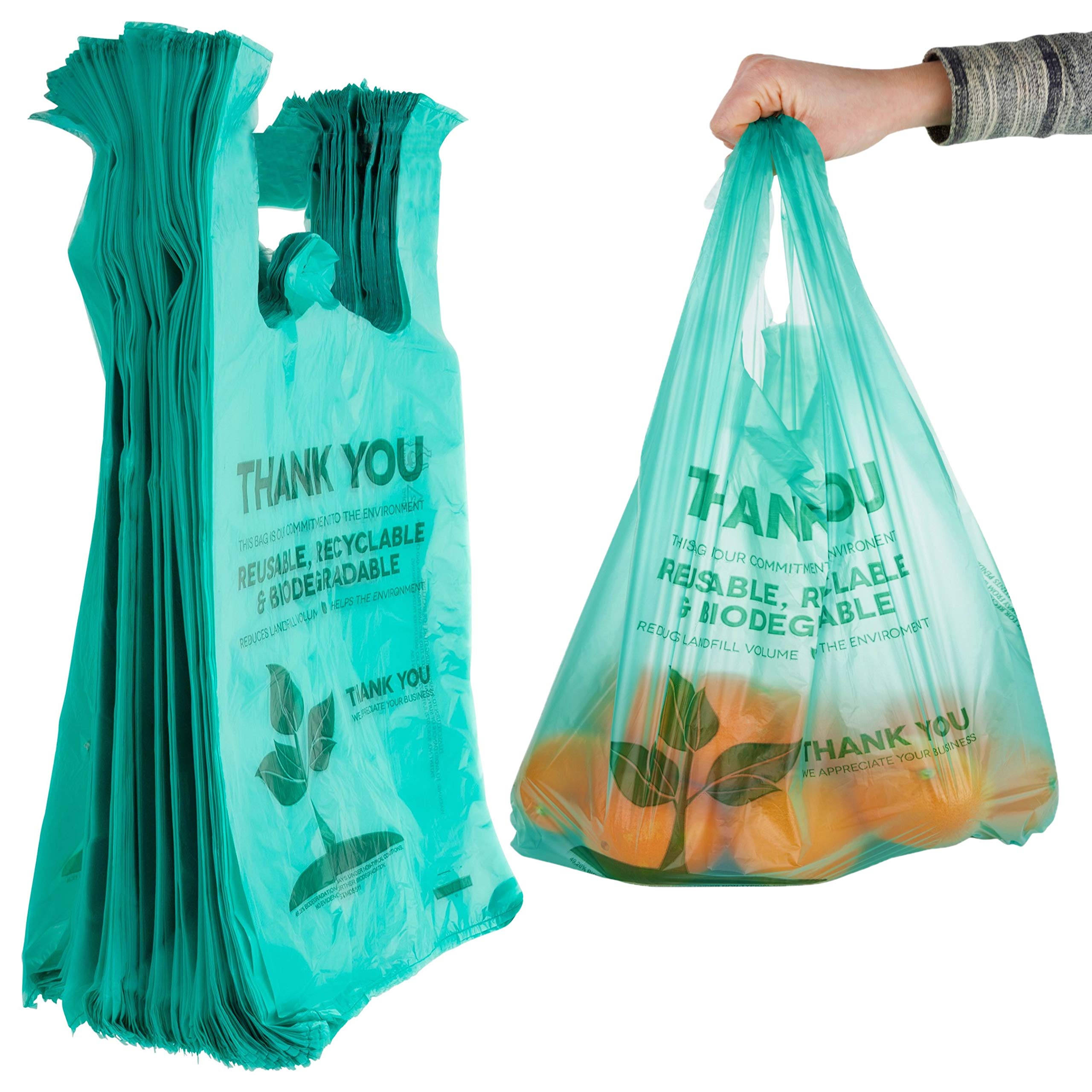Introduction
Plastic bags are light, cheap, and strong bags used for carrying things like groceries, clothes, and goods. They are made from plastic and are found almost everywhere—in shops, markets, and homes. While they are very useful, plastic bags have also created big problems for the environment. Many people now want better options like reusable or paper bags. This blog will share the story, use, and future of plastic bags.

Table of Contents
The Evolution of Plastic Bags
History and Legacy of Plastic Bags
Usefulness and Harm of Plastic Bags
Current Trends and Alternatives
FAQs on Plastic Bags
Conclusion on Plastic Bags
The Evolution of Plastic Bags
Plastic bags have changed a lot since they were first made. They became popular quickly but also brought concerns.
Early Invention
Plastic bags were first made in the 1950s. They were a new way to carry items without using paper or cloth.
Mass Use Worldwide
By the 1980s, almost every store was using plastic bags because they were cheap and strong.
Growing Waste Problem
As plastic bags grew in number, they also started to harm nature—littering roads, oceans, and forests.
History and Legacy of Plastic Bags
Plastic bags became part of daily life, but their long life after use caused big problems.
Created for Convenience
Invented to replace paper bags, they were easy to make and useful for all.
Used Around the Globe
They became a part of shopping everywhere—in cities, towns, and villages.
Pollution and Waste
Plastic does not break down easily. Bags ended up in landfills, rivers, and seas.
Usefulness and Harm of Plastic Bags
Plastic bags are helpful but also harmful if not handled properly.
Light and Strong
They are easy to carry and can hold heavy items without tearing.
Cheap for Shops and Stores
Shops love them because they cost less than paper or cloth bags.
Cause of Pollution
They clog drains, harm animals, and take hundreds of years to break down.
Current Trends and Alternatives
Many people, brands, and governments are changing the way they use bags.
Bans and Fines
Some countries have banned plastic bags or added fines to reduce their use.
Reusable Bags
More people now carry cloth or jute bags when shopping.
Paper and Bio Bags
Shops are switching to paper or bio-degradable bags that break down easily.
.
FAQs
Why are plastic bags harmful?
Non-Biodegradable: They don’t break down easily.
Pollution Risk: They pollute land, water, and harm animals.
Long-Term Damage: They stay in the environment for many years.
Can plastic bags be recycled?
Yes, But Limited: Not all plastic bags can be recycled.
Special Places: They need to go to special recycling bins.
Better to Reuse: Reusing them is more helpful than recycling.
Are plastic bags banned everywhere?
Not Everywhere: Some countries banned them fully, others partly.
Local Rules: Rules change from place to place.
More Bans Coming: Many places plan to stop using them soon.
What can we use instead of plastic bags?
Reusable Bags: Use cloth or jute bags.
Paper Bags: Good for light shopping.
Eco Bags: Made from corn or other natural items.
How can I reduce plastic bag use?
Bring Your Own Bag: Always carry a reusable bag.
Say No at Stores: Avoid taking plastic bags from shops.
Tell Others: Help friends and family do the same.
Conclusion
Plastic bags may be small, but they create big problems for the world. While they are helpful in daily life, they also hurt nature. It’s time to think smart and use better options. By switching to reusable or paper bags, we can protect our planet and live more responsibly. A small change from us can make a big difference.
Written By: Bio leather.in